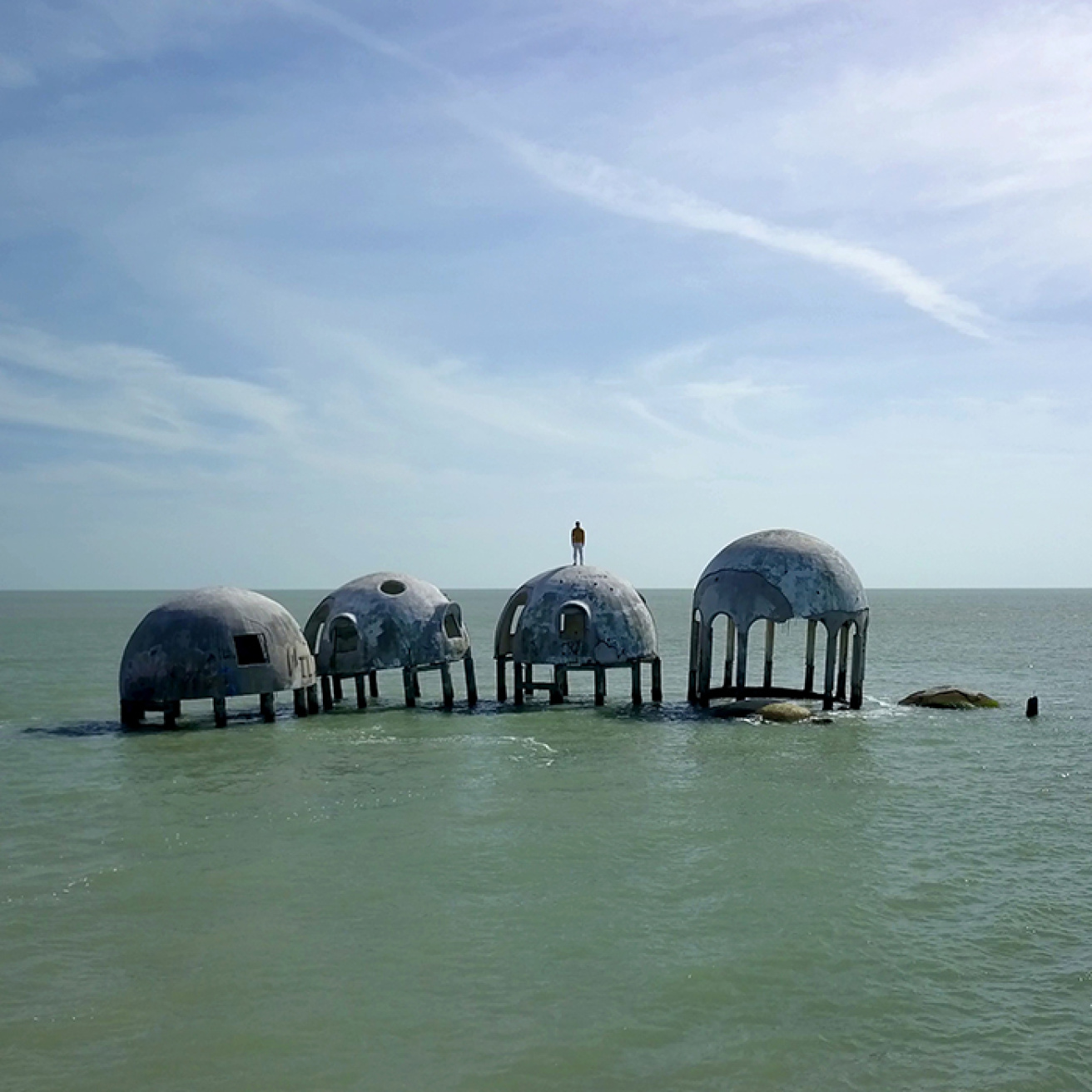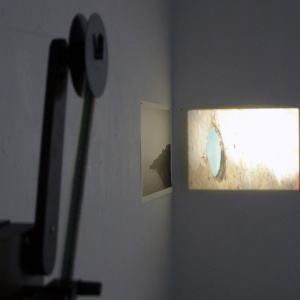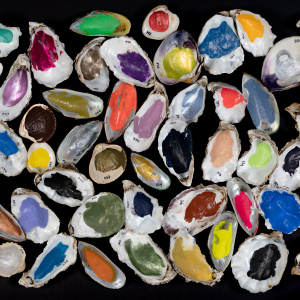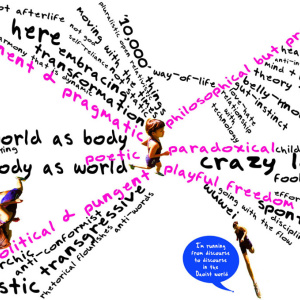Research at the Slade
The Slade School of Fine Art’s practice-led research culture facilitates an ongoing commitment to individual excellence in art research while also supporting research with other artists, curators and researchers, which increasingly addresses pressing societal and cultural challenges.
Featured Media

Our research aligns to five main areas of expertise:
- Materials and Materiality comprises research into materials, in particular pigments and paints supported by the Materials Research Network.
- Histories and Cultures draws together researchers exploring the impact of historical perspectives on contemporary art practice and research. Research in this area includes: the art historical writings, and the cross-institutional Medieval in Contemporary Art (MiCA) group.
- Media and Performance research explores analogue and digital Fine Art Media technologies, including moving image, sound, internet and installation researchers.
- Environments and Publics is concerned with research into place and publics, urbanism, sustainability, well-being and ‘the commons’.
- Dark Studies includes the Dark Universe Studies Centre (DUSC) where fugitive thinking and alternative forms of sociality draw on the black radical tradition and experimental practice. Research in this area evokes the dislocated subject of language and representation, channelled through performance, political writings, fictional provocations and processes of documentation.
Strategic research priorities 2021 – 2030
A recent review of our research activities identified four strategic priorities. These priorities reflect the strengths of the Slade as a School of practising artists and researchers, as well as aligning with UCL’s Grand Challenges themes, and acknowledge the centrality of cross-disciplinary research in addressing issues of global significance:
- Interdisciplinary approaches to sustainability and sustainable art practice
- Cross-cultural dialogues and understanding
- The benefit of art for societies, cultures and well-being
- Technological transformations of cultures and societies
Slade Future Research Strategy
The Slade's strategy is to build upon existing research priorities and place greater emphasis on collaborative, cluster-based practice research, focussed on the broader impact of art on society. We will also continue to focus on our core themes of sustainability, technology and well-being, in line with UCL Grand Challenges and channelled through our four research priority areas.
Equality, diversity and inclusion
The Slade Research strategy will promote greater equality, diversity and inclusion (EDI). Our strategic commitment to EDI will include ongoing critical reflection on the historical and structural bases of inequality, institutional racism and exclusion within art practice, education and research, alongside practical implementations to improve diversity through collaborative research with academic and other institutions in the UK and internationally to create equitable research and learning environments.
Partnerships with industry
The final element of our future research strategy is an investment in partnerships with industry, galleries, museums and other public institutions to enable the formation of strategic collaborations, formal networks, cross-departmental and interdisciplinary research activity and public engagement.



